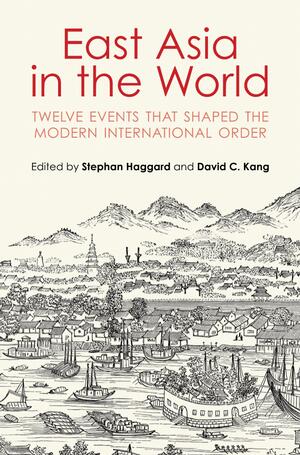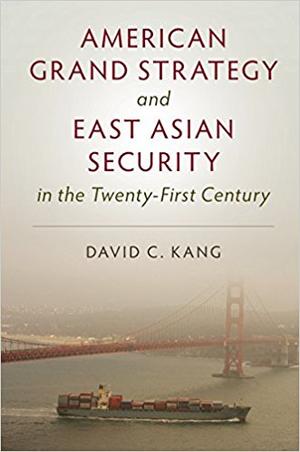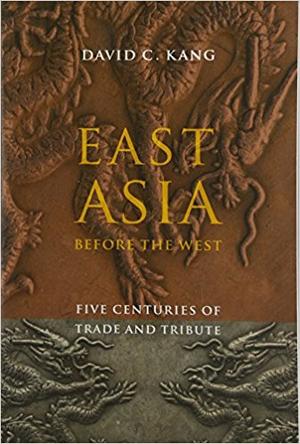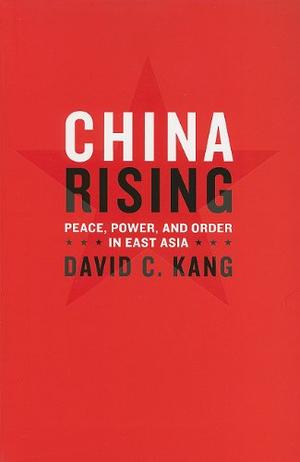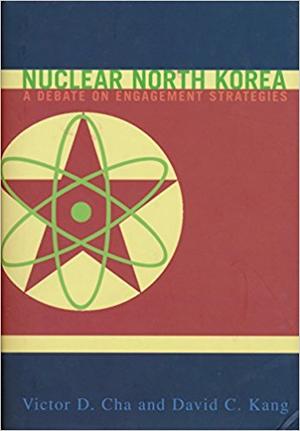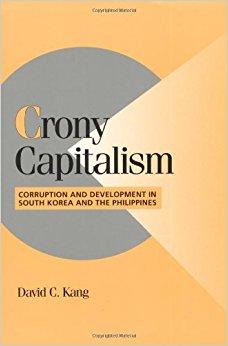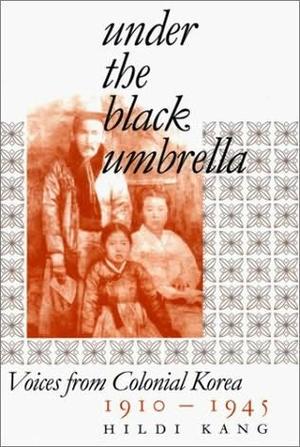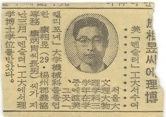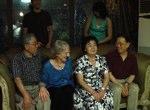Books by Dr. David Kang
Cambridge University Press, 2020
This innovative volume provides an introduction to twelve seminal events in the international relations of East Asia prior to 1900: twelve events that everyone interested in the history of world politics should know. The East Asian historical experience provides a wealth of new and different cases, patterns, and findings that will expand horizons from the Western, Eurocentric experience. Written by an international team of historians and political scientists, these essays draw attention to the China-centered East Asian order – with its long history of dominance – and what this order might tell us about the current epoch.
Cambridge University Press, 2017
China has rapidly and peacefully resumed a central place in Asia. The region is richer and more stable than ever before. East Asian countries are using diplomatic and economic means in their relations with each other. American policies should work with, not against, these trends by emphasizing diplomacy and reducing the burden on America’s military.
Columbia University Press, 2010
Over the centuries, China has maintained a long-lasting relationship with its principle neighbors, Korea, Vietnam, and Japan. Focusing on the role of the “tribute system” in maintaining stability in East Asia and in fostering diplomatic and commercial exchange, Dr. Kang contrasts this history against the example of Europe and the East Asian states’ skirmishes with nomadic peoples to the north and west. Although China has been the unquestioned hegemon in the region, with other political units always considered secondary, the tributary order entailed military, cultural, and economic dimensions that afforded its participants immense latitude.
Columbia University Press, October, 2007
China has rapidly emerged as a major regional power. Foreign businesses have flocked to invest in China, and Chinese exports have begun to flood the world. China is modernizing its military, has joined numerous regional and international institutions, and plays an increasingly visible role in international politics. In response to this growth, other states in East Asia have moved to strengthen their military, economic, and diplomatic relations with China. Rising powers present opportunities as well as threats, and the economic benefits and military threat China poses for its regional neighbors are both potentially huge; however, East Asian states see substantially more advantage than danger in China’s rise, making the region more stable, not less.
Columbia University Press, 2003
The issue that focuses on Pyongyang government’s violation of nuclear nonproliferation agreements, has remained mired in political punditry. This book offers a reasoned, rational, and logical debate on the nature of the North Korean regime. Coming to the issues from different perspectives; Kang believes the threat posed by Pyongyang has been inflated and endorses a more open approach, while Cha is more skeptical and advocates harsher measures; the authors together have written an essential work of clear-eyed reflection and authoritative analysis. They refute a number of misconceptions and challenge much faulty thinking that surrounds the discussion of North Korea, particularly the idea that North Korea is an irrational nation. Cha and Kang contend that however provocative, even deplorable, the Pyongyang government’s behavior may at times be, it is not incomprehensible or incoherent.
Cambridge University Press, 2002
Why has the literature on Asian development not addressed the issue of money politics in Korea? How can we reconcile the view of an efficient developmental state in Korea before 1997 with reports of massive corruption and inefficiency in that same country in 1998 and 1999? Politics is central to the answer. This study argues that both Korea and the Philippines experienced significant corruption throughout the post-independence era, and that political, not economic considerations dominated policy making in both countries.
Other Family Writings
This book presents, amplifies, and breathes life into a sample of a Korean lineage records, and as such, seeks to fill the gap in scholarship that lies between simple recognition of the existence of these chokpo and a deeper comprehension of their contents. It erases the mystique surrounding Korean lineage records and makes these records accessible to any English speaking reader.
In the rich and varied life stories in Under the Black Umbrella, elderly Koreans recall incidents that illustrate the complexities of Korea during the colonial period. Hildi Kang here reinvigorates a period of Korean history long shrouded in the silence of those who endured under the “black umbrella” of Japanese colonial rule. Existing descriptions of the colonial period tend to focus on extremes: imperial repression and national resistance, Japanese subjugation and Korean suffering, Korean backwardness and Japanese progress. “Most people,” Kang says, “have read or heard only the horror stories which, although true, tell only a small segment of colonial life.”
